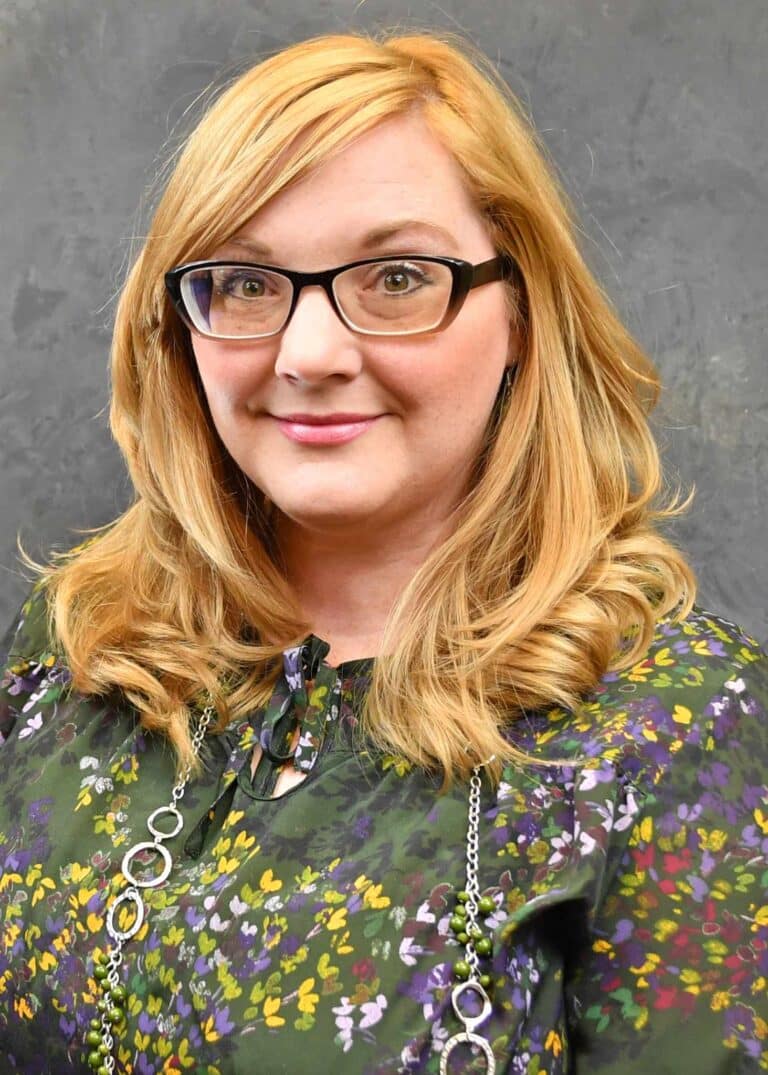By Tabitha Bozeman
Logical fallacies are fun to teach for several reasons.They are basically puzzles, and the names of many are veritable tongue twisters. The term “logical fallacy” sounds big and complicated to some of my students, but I explained that it refers to any error in reasoning that weakens or undermines a conclusion. Now, we have fun identifying everyday logical fallacies.
Circular reasoning, straw man, equivocation, slippery slope, ad hominem, personal incredulity, all or nothing and either/or are just a few of the fallacies we explore. Once we all have a grasp on what each of them entail, we move on to identifying logical fallacy all around us, including our own lives and self-talk. It can be pretty simple to identify outrageous logical fallacies in political ads, news reports, memes and music lyrics, but sometimes we are too close to the logical fallacies in our own minds.
For example, the “All or Nothing” fallacy often keeps my students from completing a big assignment because they have convinced themselves they have to complete it all in one sitting, when really they need to break it up over several days. Another example that causes me all kinds of stress is when there is a long weekend, I might decide that it is the perfect time to complete a project. However, with kids, pets, work and life, sometimes the project does not get finished completely or in the way I’d imagined. When I start to feel like the time was wasted if I haven’t completed all of the project, I have to remind myself that increments are progress, too.
The “Either/Or” fallacy is another sneaky one. It is an especially insidious logical error that can creep into our thoughts and self-talk. It can color our inner dialogue with judgmental negativity toward ourselves and others much faster than seems possible. It happens to us all. Maybe you have an off day (you are fighting allergies, or a sick child has led to a sleepless night or work stress has you preoccupied) and suddenly you realize you dropped a ball in a relationship. It’s really easy to immediately think that, “Wow, I am a terrible parent/partner/friend/employee!”
The stress just compounds from there. This is an “Either/Or” fallacy in our thinking – either we are amazing as a parent/partner/friend/employee all the time or we are the world’s worst. We hold no space for the in-between that is reality. I think we do this to ourselves because we really do care about those around us and how we treat them. Sometimes, a better use of our mental and emotional energy is just admitting to ourselves or someone else that we’ve had a rough day and then putting it behind us.
This seems like a good approach for other misunderstandings. Most situations, reactions or miscommunications are a complicated mix of more layers and factors than we can easily separate. It is often easier to assign a logical fallacy as a ready-made explanation.
I remind my students that there are not really any English class emergencies. They are not wavering between being either an amazing student or a lost-cause student. In reality, most students are going to have days when they are on top of things, and days when they are struggling. Learning to accept that and continue on after the struggles is important. As I remind them to avoid these logical fallacies, I am reminding myself as well. We are all out here doing the best we can, where we are, with what we have, and a little grace goes a long way.
I found a poem by Kathy Russell that is like a mantra or breath prayer. It sums up the grace we can gift ourselves when logical fallacies are trying to lock us into unhealthy patterns of thought. It is called “Today’s Walk.”
“I will walk slowly through this day; I leave what is not needed behind from yesterday. I will treasure all the knowledge to move forward. What I do today will not change or erase the past. I move on knowing that today I will do differently than before. If I fail, there will be another tomorrow and a future tomorrow for hope.”
Tabitha Bozeman teaches English at Gadsden State Community College, where she is the editor-in-chief of the Cardinal Arts Journal. The opinions expressed are her own. She may be reached at tabithabozeman@gmail.com.





